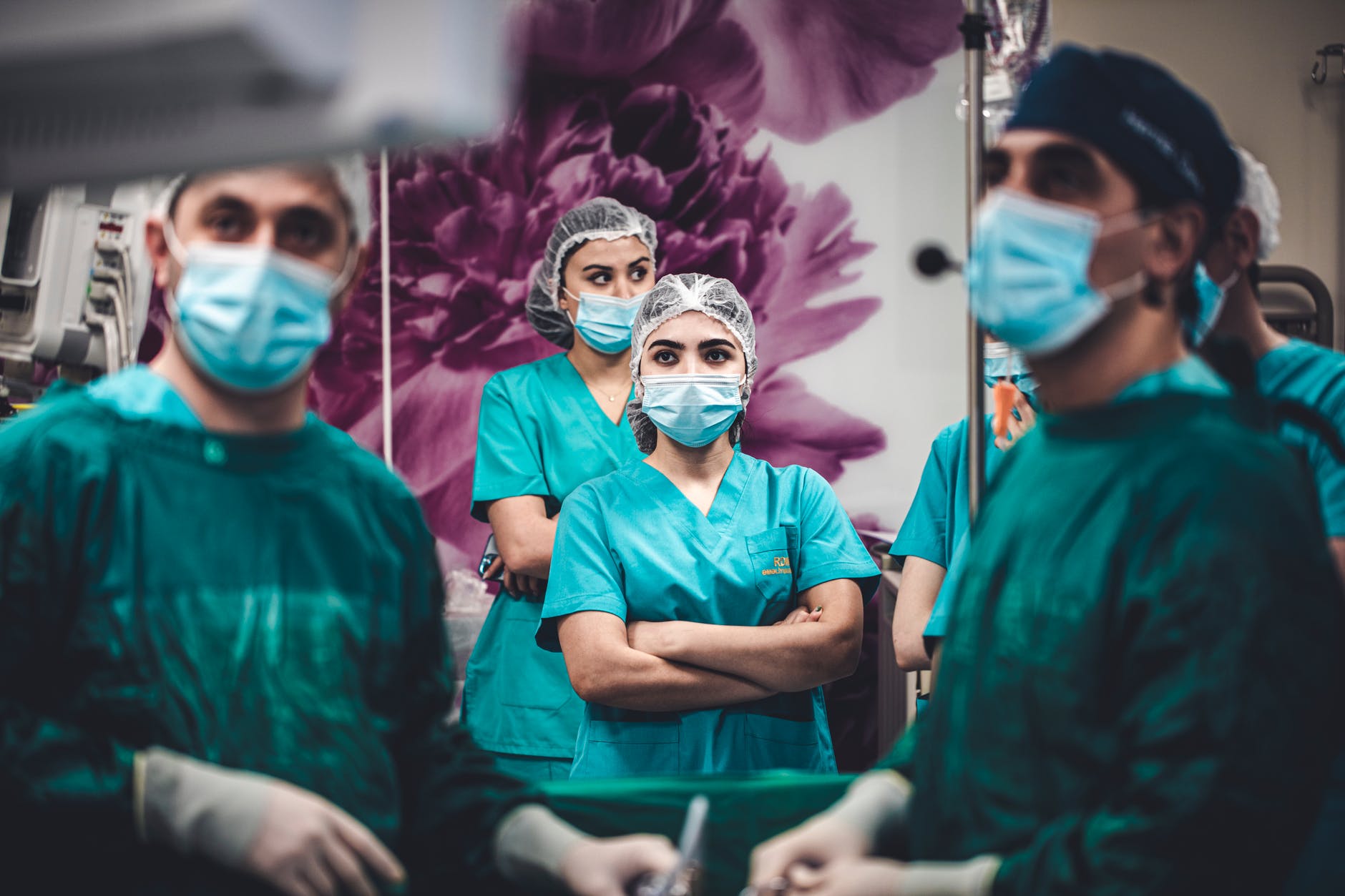What Are The Technical Requirements For Caribbean Medical School?
Caribbean medical schools offer medical programs with the core motive to alleviate human suffering by nurturing a diverse group of medical professionals in clinical care. Studying a Caribbean MD program is a wise choice that offers lifetime benefits.
The MD program offered in the Caribbean medical school carefully integrates basic science and clinical medicine courses to ensure the holistic development of the medical professional.
The basic science course builds a strong foundation of medical theories that enables the students to learn the practicality of the medical field during the clinical medicine program.
Students are encouraged to take the practical approach that allows them to build essential clinical skills throughout medical programs. Clinical rotations are an integral part of the MD program since they get the opportunity to get hands-on training.
But working in the hospital with real patients, even under the supervision of senior medical professionals, requires the student to have technical standards. Thus, Caribbean medical schools look for technical measures in their candidates to evaluate their ability to perform medical duties.
A candidate for the MD program must have these skills and abilities.
1. Intellectual-Conceptual Abilities
The candidate for the MD program must have the great problem-solving ability within a time as demanded by the situation. To sail through the rigors of the medical school, candidates should be capable of assimilating the complex and detailed information of the curriculum.
They must be adaptive to learn through modalities not limited to classroom instruction. Candidates must have the competency to calculate, reason, analyze, and pass the information.
2. Behavioral and Social Attributes
The candidates must demonstrate emotional stability and maturity for fully utilizing their intellectual abilities. Moreover, the medical profession is governed by ethics. Thus, the candidates need to hold the capacity to understand values and perform within the guidelines. They must relate to the patients and other medical staff with non-discrimination, honesty, integrity, and dedication.
3. Communication
Efficient and effective communication with patients, their attendants, faculty, staff, healthcare personnel, and all other individuals they contact is necessary for a medical candidate.
Only through communication can they obtain the patient’s medical history chronologically while also interpreting non-verbal communication and establishing a therapeutic relationship with the patient communication.
The most important aspect of working in a hospital setting is to record accurate information, which centers around excellent communication skills.
4. Motor Function
Throughout medical school, students are trained to develop the capacity to perform physical examinations and diagnoses. They must also develop the ability to respond to clinical situations on time to provide general and emergency care to patients. These activities require physical mobility, coordinated motor neuromuscular functions, and balance and equilibrium.
5. Observation
Understanding the medical procedures and process to interpret a conclusion requires observation. The candidates must be able to derive information from participating in experiments, such as examining specimens in anatomy, neuroanatomy laboratories, and microscopic study of microorganisms.
The candidates must have the ability to perform a complete physical examination to integrate findings and, based on this information, formulate a diagnosis and a treatment plan accordingly.
These are the technical standards that Caribbean medical schools look for in candidates who can get trained to become excellent medical professionals.
The medical institutions in the Caribbean are well-equipped with proficient medical facilities that align with the modern medical standard. So, look for a top-grade accreditated Caribbean medical school to start your academic medical journey. Apply now!
Read Also:






















